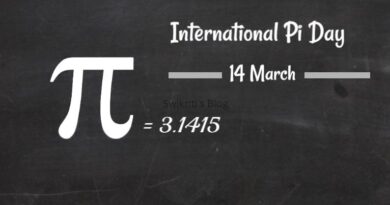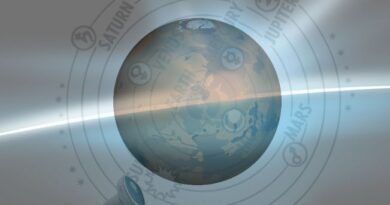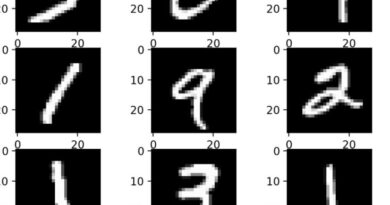Facebook is working together with telecommunications firms to create a 37,000-km undersea cable to provide 16 African countries with a faster network.Its length — nearly equal to Earth’s circumference — will make it one of the longest.It’s part of Facebook’s long-running effort to introduce its social media service to Africa ‘s youth.
Ready for use by 2024, it will provide three times the capacity of Africa ‘s existing undersea cables.
The 37,000 kilometers (23,000 miles) of cable will link Europe to the Middle East and 16 African countries, with a cost of just under one billion dollars. Facebook Inc. and some of the biggest telecommunications companies worldwide like China Mobile Ltd are working together to create a huge sub-sea cable that will make the internet more secure and faster in Africa.
The initiative, known as 2Africa, will see companies layer cables stretching to 37,000 kilometres, linking Europe (easterly via Egypt), the Near East (via Saudi Arabia), and 21 landings in 16 African countries.
This new route will provide much-needed Internet bandwidth, redundancy and reliability across Africa, complement a increasingly rising demand for Middle East capacities and help hundreds of millions of people ‘s growth in 4 G , 5 G, and broadband access, “said Facebook in its blog.
Facebook has long been leading the race to boost connectivity in Africa to support young people, increased connections and increased mobile availability and cost-effectiveness. The U.S. social media giant tried in 2016 to start a satellite to transmit across the world, but the SpaceX rocket carrying the system exploded on the launch pad .
When completed, the underwater cable will be one of the longest of its kind – almost equal to the world’s diameter – and will connect 23 countries in Africa , the Middle East and Europe.
Sub-sea cables hold much of the world’s inter-continental records. These are able to process much more data and provide quicker transmission at lower cost than other methods.The cable will travel through the Atlantic Ocean, the Indian Ocean, the Mediterranean Sea and the Red Sea, designed by Nokia Oyj’s Alcatel Submarine Network.
It will be buried so deep than previous systems for more external damage protection from such issues as the anchors of the ships.Fiber optic cables have a double capacity among older ones, using Spatial Division Multiplexing (SDM1) technology.
In terms of internet access, Africa lags behind the rest of the world; four people in 10 have access to the web across the continent, compared with an world average of six in 10.
However, the continent provides tremendous possibilities for technology firms and businesses with a population of 1.3 billion.
Source:BBC








